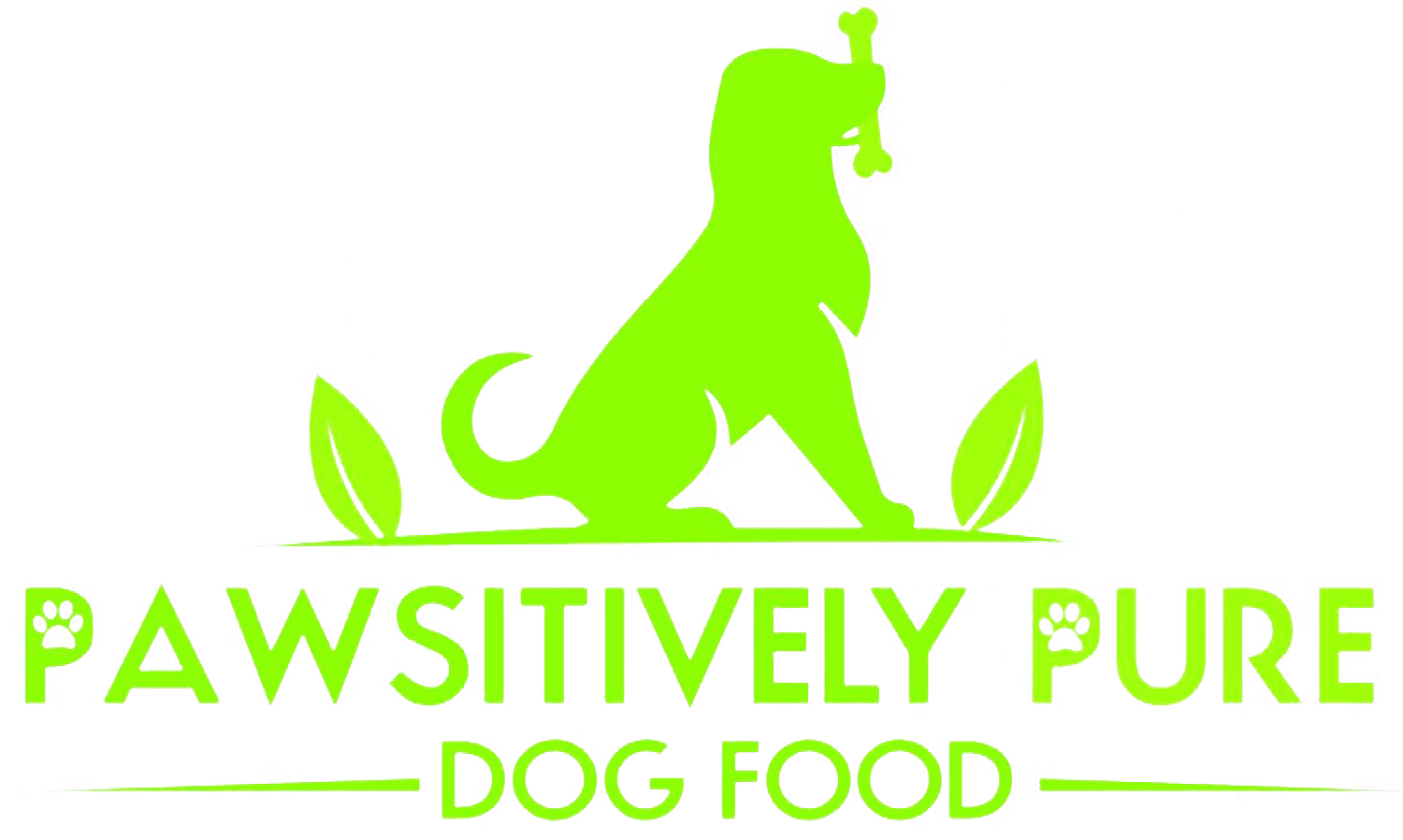These 4 Foods Can Conquer the Upset Tummy Blues
How Dogs Get Into Tummy Troubles
Dogs are inquisitive by nature. Their sensitive snouts guide them to discover most of their information about the world around them, from food and toys to other dogs and human friends. However, that inquisitive nature sometimes means that might seem tasty at first sniff but doesn’t sit right on their stomachs. Some dogs are prone to stomach sensitivity; some dogs get upset stomachs in stressful situations; some dogs just like to put everything in their mouths. No matter your dog’s temperament, you’re likely to encounter an upset stomach at least once in their lifetime.
When you’re monitoring your dog’s upset stomach, a good first place to start is by getting in touch with your veterinarian. Some mild cases of tummy upset will pass on their own, but you need to be mindful of more severe symptoms including:
Frequent vomiting
Frequent diarrhea
Bloody stool
Total loss of appetite
Lethargy
Excessive drooling
How to Avoid Tummy Troubles
As is the case with humans, not every tasty-looking morsel our dogs see is good for them to eat. Even some foods that are perfectly healthy for humans can have serious negative consequences for dogs. Make sure your dog doesn’t get the opportunity to eat any of these human foods:
Grapes
Avocado
Chocolate
Alcohol
Onions and Garlic
Caffeine
Furthermore, non-food items can also cause severe reactions in dogs. If you’re a plant lover, there are certain plants you’ll want to keep out of reach of your pets. Also, some dogs are bad at dropping items instead of swallowing them. Some dogs eat the stuffing or hard parts of their toys; others like to consume socks, dryer sheets, and other such items left in their paths on the floor. If this is the case, you’ll want to work with a trainer to break this habit as it can cause serious discomfort - or worse.
Foods That Can Soothe a Sick Dog’s Stomach
If you’re nursing your sick dog’s stomach at home, it’s generally recommended to take a short break from their usual diets and give them foods that are gentle and soothing on their stomachs. Here are the best foods to feed your dog while they’re recovering from nausea.
Bone broth
One of the symptoms of an upset stomach is a loss of appetite or lack of desire to eat. However, you still want your dog to have access to healthy nutrients when they’re not very hungry. A warm bowl of bone broth is enticing, light on the stomach, packed with vitamins and minerals, and provides liquid to help prevent dehydration. Make sure you select a bone broth that’s specifically formulated for dogs, meaning that it doesn’t have herbs, onions, or garlic that may irritate their stomach even more.
Pumpkin
We’ve discussed at length the wonders of pumpkin for your dog, so it should come as no surprise that pumpkin is a big helper for upset stomachs. Pumpkin is full of healthy fiber, which helps to settle upset stomachs. It also has Vitamin A, C, E, B6, iron, magnesium, potassium, folate, and so many other nutrients. When choosing pumpkin for your dog, be sure not to get pumpkin pie filling, which is packed with sugars and other additives. Instead, select a can of plain, pure pumpkin puree - or cook your own when it’s in season!
Rice
Rice is often recommended for humans when they have upset stomachs, too! Plain white rice is low in nutrients, but it’s a good addition to your dog’s meals to keep them sated while they’re recovering from illness. Many veterinarians recommend giving sick dogs multiple small meals throughout the day, so rice is a great option when your dog just wants a little snack to tide them over.
Plain chicken
We haven’t met a dog that can say no to a little nibble of chicken. Plain, boiled chicken (made without butter, oil, or spices) offers a great incentive for your dog to have a bite if they haven’t eaten all day. The AKC recommends offering small meals of plain chicken and white rice to make sure your dog has protein in their system to keep them energized. Be sure to serve the chicken in deboned, bite-sized pieces so your dog won’t choke if they’re hungry!
Always Check In With Your Veterinarian
As we mentioned before, it’s so important to check in with your veterinarian before you start treating stomach illness at home. You’ll want to let your vet know about your dog’s symptoms and do your best to determine the cause of their illness so they can give you the best plan of action for your dog’s health. If your vet gives you the OK to care for them at home, order a bag of Pawsitively Pure Bone Broth and give them lots of extra comfort and love while they recover.

